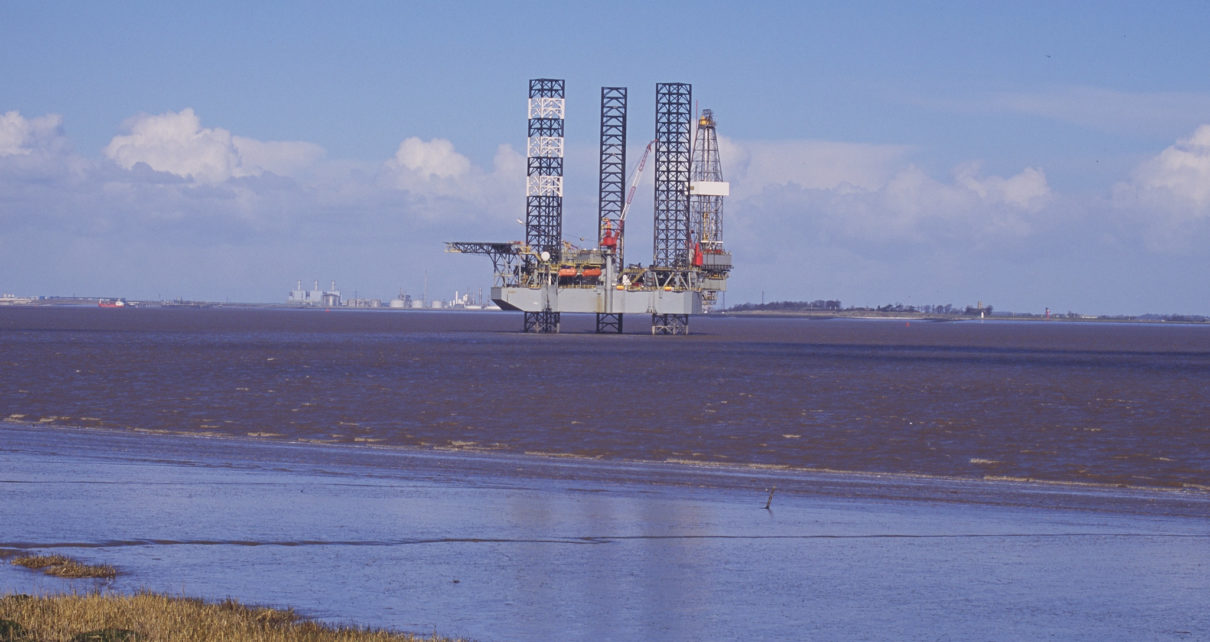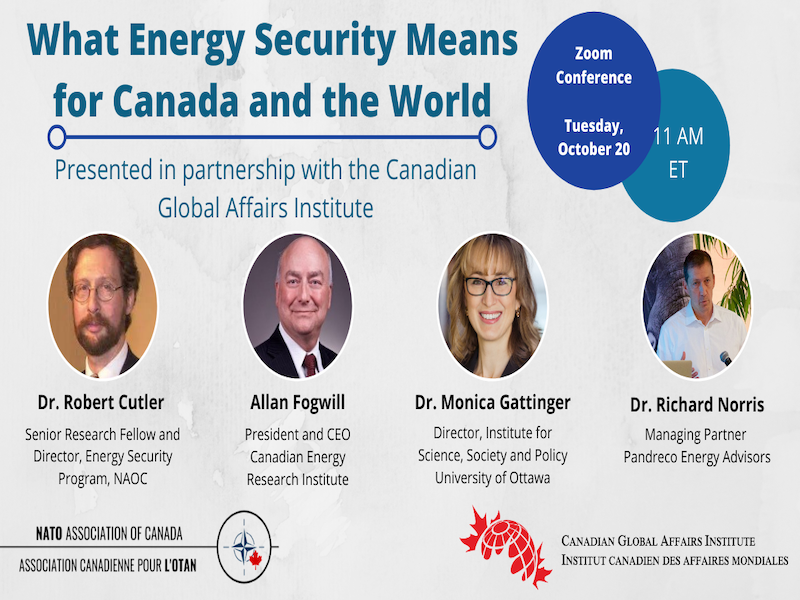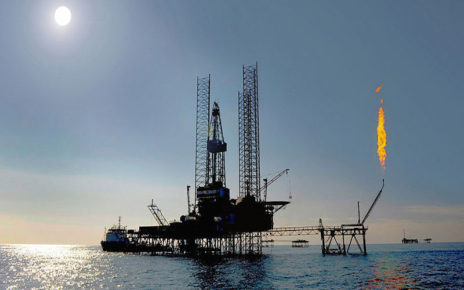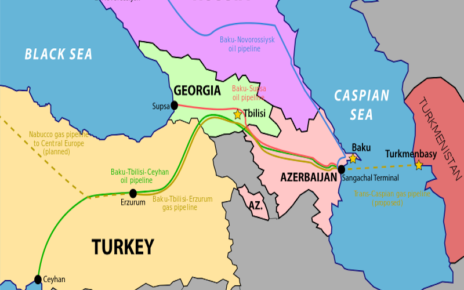On August 4, 2023, the Abu Dhabi National Oil Company (ADNOC) announced a landmark deal to acquire a 30% equity stake in the Absheron gas and condensate field, located in the Caspian Sea offshore from Azerbaijan. This strategic acquisition marks ADNOC’s first foray into the international upstream gas market, signaling its ambition to expand beyond its core operations in the United Arab Emirates (UAE) into the global gas market. It also signifies an important step towards meeting the gas demand of NATO’s European members.
ADNOC acquired 15 percent stakes from both the State Oil Company of Azerbaijan (SOCAR) and the French company TotalEnergies, each of which previously held 50 percent. Their stakes are thus now reduced to 35 percent, while ADNOC’s share becomes 30 percent. The financial details of the transaction were not disclosed.
The collaboration between UAE and Azerbaijan strengthens regional ties and potentially creates a new power dynamic in the energy sector. In a parallel development that the press has not sufficiently emphasized, SOCAR will become a participant in ADNOC’s upstream activities in Abu Dhabi itself. Both companies emphasize their commitment to responsible development and reducing carbon emissions.
The deal not only highlights the increasing importance of the Caspian Sea as a major source of natural gas for Europe and beyond but also, more broadly, reflects a trend of consolidation in the oil and gas industry, as national oil companies seeking to optimize their assets and expand their reach. The agreement reinforces the strategic energy partnership between the UAE and Azerbaijan, fostering collaboration and knowledge sharing.
Absheron’s History and Details of the Deal
Discovered in 1960, the Absheron field was not exploited for drilling until after the Soviet Union had collapsed, mainly because of the sea’s depth and the still greater depth of the most promising oil and gas fields (over 6,000 metres). The first agreement to explore Absheron was signed in August 1997 amongst SOCAR (with a 50 percent stake), the U.S. company Chevron (30 percent) and Total (now TotalEnergies, 20 percent).
A Chevron subsidiary carried out the work over the next two years. Chevron decided that the reserves were uneconomical, so the agreement was terminated in 2005. SOCAR maintained the view, however, that the reserves were incorrectly calculated and, in this connection, that their value was also underestimated. In 2009, SOCAR and Total agreed to explore and develop the block.
It took until May 2018 for another appraisal well to be drilled in another wing of the structure. This operation led to the discovery of additional recoverable reserves. The well was planned originally to be commissioned in July 2022, but this target was not met, due in large part to worldwide economic lockdowns in the early 2020s.
ADNOC officially entered the Absheron project on August 4, 2023, and first gas from the gas-condensate field was supplied at the end of August, with work on the second stage of the field’s development under way. The Absheron field holds reserves now estimated at about 3.5 trillion cubic metres of gas, of which at least 1.4 trillion are recoverable, and 450 million barrels of condensate.
The Strategic Significance of ADNOC–SOCAR Cooperation
The Absheron acquisition, a strategic manoeuvre in ADNOC’s portfolio-diversification, will make an important contribution to ADNOC’s long-term growth strategy. ADNOC’s decision to enter the Caspian region allows it not only to diversify its portfolio but also to capitalize on growing global gas demand. Besides signifying its (and SOCAR’s) commitment to a sustainable energy future, the deal shows that we should anticipate an even stronger energy partnership between the UAE and Azerbaijan.
It seems likely—although the exact terms of the deal have not been disclosed—that the two companies will leverage their combined technical expertise and operational excellence to optimize production from the field. Such cooperation would implicitly suggest the conclusion of a strategic partnership between them. A strategic partnership is an open-ended and deeper form of cooperation than merely project-specific cooperation on one or another joint venture.
The agreement for ADNOC’s expansion into the Caspian Sea should therefore be expected to have far-reaching implications for the NATO countries and beyond. It also presents these countries with several potential opportunities, particularly for companies offering equipment, services, and expertise in offshore development. Additionally, the deal could pave the way for future ADNOC acquisitions and partnerships in the region, offering further investment avenues.
Azerbaijan To Extend Further Cooperation with the Gulf Countries
The SOCAR–ADNOC deal presages a subtle tectonic shift in regional energy geo-economics that will become more obvious over time. Abu Dhabi is one of the seven emirates that compose the United Arab Emirates (UAE). On January 8, the UAE’s leader Mohammad bin Zayed Al-Nahyan (MBZ) paid an official visit to Azerbaijan, meeting President Ilham Aliyev. This visit reflected the progressive development of ties between Azerbaijan and the UAE in recent years and confirmed that bilateral economic and energy ties will continue to deepen, not just with Abu Dhabi but with the UAE as a whole.
Indeed, Gulf countries are now among Azerbaijan’s top investment partners, with much attention to the renewable energy sector. Both the UAE and Saudi Arabia are assisting Azerbaijan’s green-energy development[linkNAOC], which includes increasing electricity imports to NATO members in South-East Europe. Both the UAE and Saudi Arabia will be investing in the construction of solar and wind power plants in Karabakh and the northern territories of Azerbaijan.
During MBZ’s meetings in Baku, for example, the two countries agreed to develop significant renewable energy infrastructure, including 2 gigawatts (GW) of solar energy, 2 GW of onshore wind, and 6 GW of offshore wind projects. The UAE committed to finance the construction of two solar and one wind power plant in Azerbaijan, which are expected to collectively contribute 1 GW of renewable energy by 2027.
Conclusion: Absheron and European Energy Geopolitics
The deal between ADNOC and SOCAR has a special significance for European NATO members and their national “champions”. As mentioned above, the development of the Absheron gas field and associated infrastructure presents them with lucrative investment opportunities. France’s TotalEnergies with its 35 percent stake in the field is slated in particular to benefit. It is not out of the question that its cooperation with ADNOC will lead to further such opportunities in future.
In addition, the project will lead to job-creation and help drive economic growth in Azerbaijan, enhancing South Caucasus stability to Europe’s to NATO’s advantage. Specifically, it will strengthen political and economic ties between Europe and Azerbaijan. It will thus counterbalance Russian influence in the region while underscoring the strategic importance of the Caspian Sea as a source of energy diversification for Europe.
In summary, ADNOC’s buy-in to the Absheron gas field is a strategic move with far-reaching implications for the UAE, for the South Caucasus, for NATO’s European members and for the global market overall. The deal strengthens the company’s position in the global gas market, fosters international partnerships, and contributes to a balanced energy transition.
Photo: ‘Oil/gas drilling rig off Killinghome’ by Natural England. Licensed from Flickr under CC BY-NC-ND 2.0 DEED.
Disclaimer: Any views or opinions expressed in articles are solely those of the authors and do not necessarily represent the views of the NATO Association of Canada.




